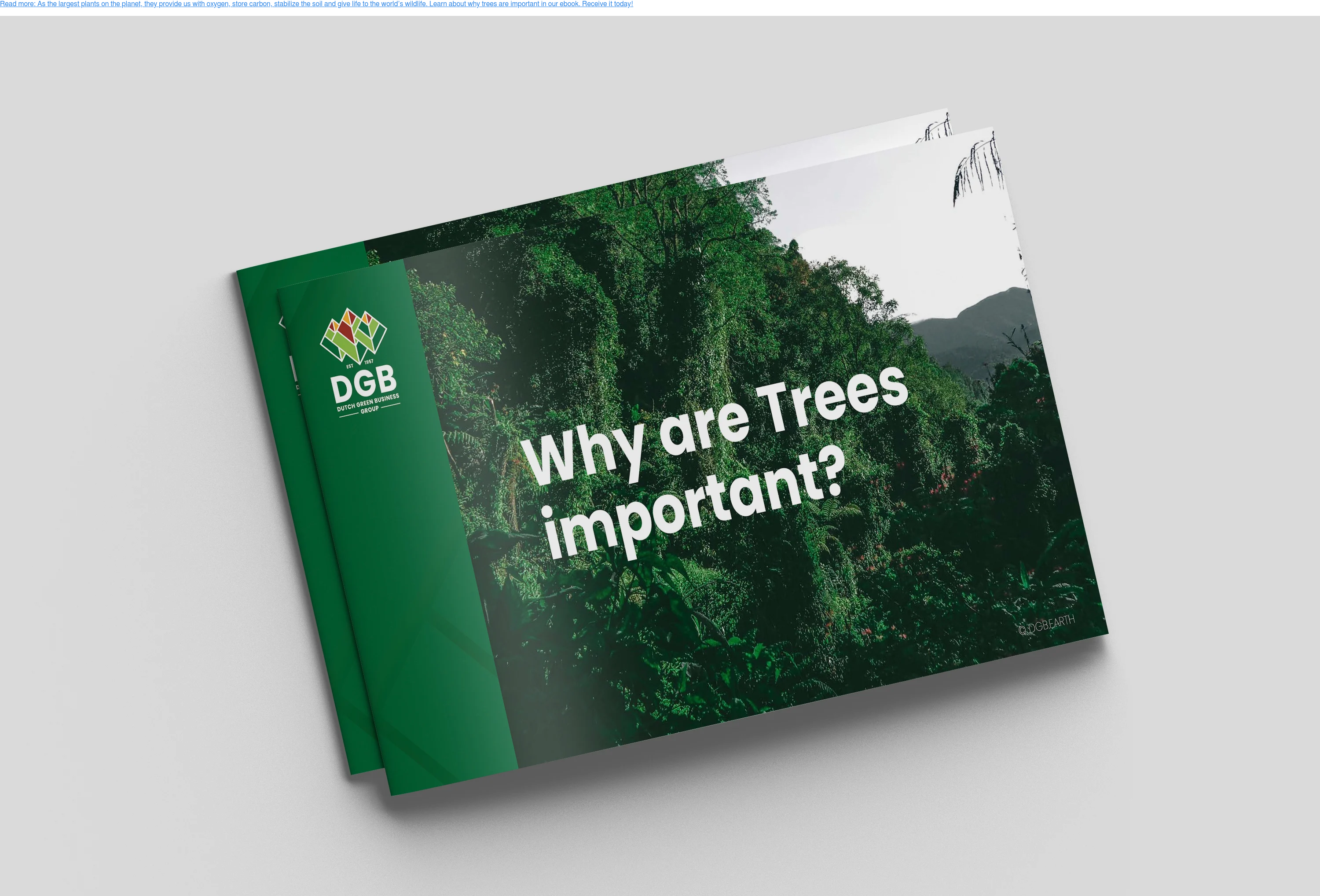
Lidl GB has set significant targets to reduce carbon. Through decarbonising the company's operations and own supply chain, the discount supermarket has made an ambitious pledge to seriously cut down on carbon. After the reduction process, offsetting will be used to mitigate the remaining emissions.
Ensuring that your suppliers are helped on side with sustainability
Lidl will also be working with their supplier companies, down to the smallest farmer, to ensure that they establish their own climate-focussed targets and strategy plans by the year 2026.
Some of the activities that Lidl GB are using to support their goals include producing Britain's first ever C02 neutral cheddar cheese and ensuring that no peat products are sold in their stores by 2022 (before the British government's 2024 wholesale ban).
By 2030, Lidl aims to reduce emissions produced by its operations across all countries, by 80% (compared to 2019). In order to reach this goal, Lidl will cut C02 emissions in all shops and warehouses through the installation of solar energy panels and investing in cutting edge refrigerators and lighting systems which are more energy efficient. Electric Vehicle charging points will also be installed in a number of Lidl stores by next year.
As one of Europe's biggest retailers and employers (with over 310,000 around the world), it is great news that Lidl are looking to go green. As well as reducing their own emissions, the fact that they will be assisting suppliers to take action as well is certainly a good step.
As a discount supermarket whose emphasis on efficiency keeps their food prices low, it is encouraging that the same emphasis on efficiency will be applied to their environmental impact.
What does offsetting Scope 3 mean for Lidl's plans?
It would have been an easy way out for Lidl to go 'carbon neutral' by offsetting their own operational 'Scope 1' and 'Scope 2' emissions but by really grabbing the bull by the horns and turning their attention to scope 3 (where 98% of Lidl's carbon emissions can be found), the company is really making a difference.
Going Green doesn't have to break the bank...
The fact that Europe's best known budget supermarket can reduce their environmental impact whilst keeping prices highly competitive sets a clear message - going green needn't be expensive and is actually just good business sense.





